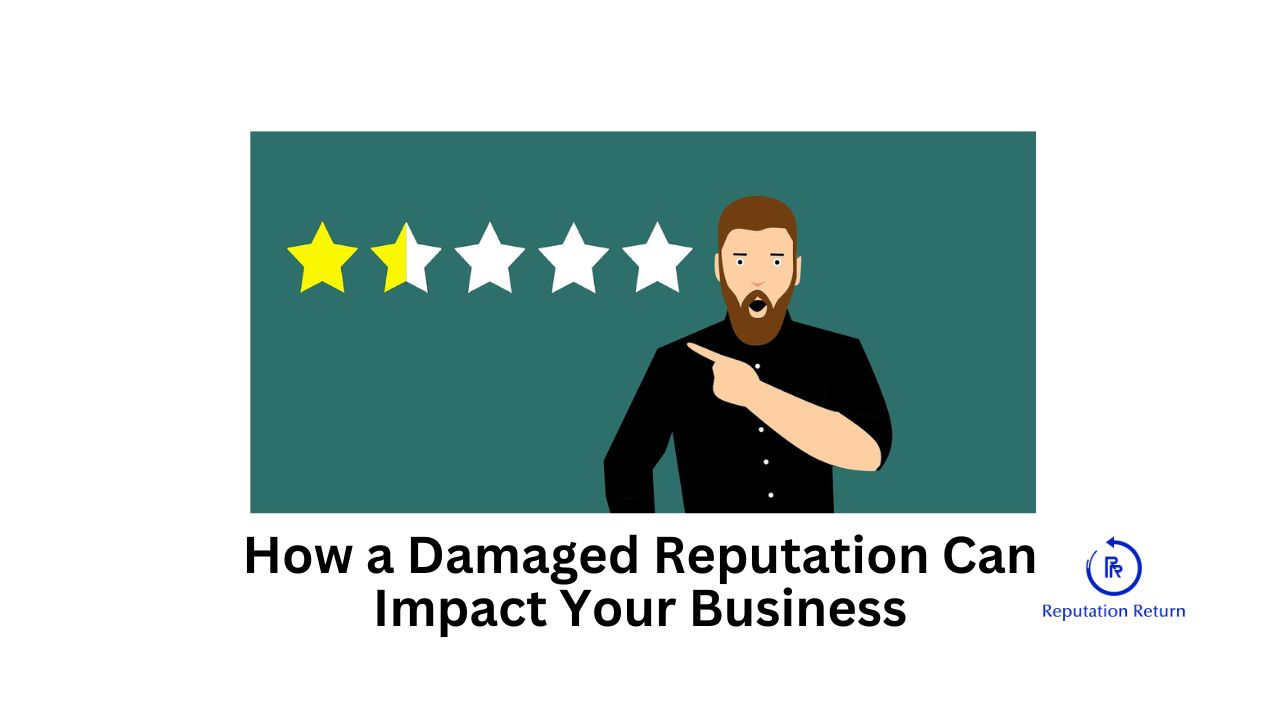Reputation is one of the most valuable assets a business can possess. A positive reputation fosters trust, attracts customers, and differentiates a company in the marketplace. However, reputational damage can have severe and long-lasting effects on a business. Below, we explore the various ways in which reputational damage can impact a business and the specific elements that can affect your company’s reputation. Just to learn how we solve these problems.
Financial Losses
Decline in Sales
When a business’s reputation is damaged, customers may lose trust and take their business elsewhere. This decline in consumer confidence can lead to a significant drop in sales, affecting the company’s bottom line.
Increased Costs
Rebuilding a damaged reputation often requires substantial investment in marketing, public relations, and legal fees. These increased costs can strain a company’s financial resources.
Stock Price Volatility
For publicly traded companies, reputational damage can lead to a drop in stock prices as investors lose confidence. This volatility can erode shareholder value and affect the company’s market capitalization.
Customer Trust and Loyalty
Loss of Customer Base
Reputational damage can cause existing customers to leave and potential customers to avoid the brand. Loyal customers are crucial for sustained revenue, and losing them can have a profound impact on business stability.
Negative Word-of-Mouth
Unhappy customers are likely to share their negative experiences with others, amplifying the reputational damage. In today’s digital age, negative word-of-mouth can spread quickly on social media and review sites, further damaging the company’s image.
Employee Morale and Retention
Decreased Employee Morale
Employees take pride in working for a reputable company. When the company’s reputation is tarnished, employee morale can suffer, leading to decreased productivity and engagement.
Talent Retention and Acquisition Challenges
A damaged reputation can make it difficult to retain top talent and attract new employees. High employee turnover can increase recruitment and training costs and disrupt business operations.
In some cases, former employees are the cause of the malicious online slander and defamation.
Regulatory and Legal Issues
Increased Scrutiny
Reputational damage can attract regulatory scrutiny and result in investigations or audits. Compliance issues can lead to fines, sanctions, and additional oversight, increasing operational costs.
Legal Battles
Defamation, libel, and other legal issues can arise from reputational damage. Legal battles not only incur significant legal fees but also divert management’s attention from core business activities.
Strategic Partnerships
Loss of Business Partnerships
Reputation plays a critical role in forming and maintaining business partnerships. A damaged reputation can lead to the loss of key partnerships, affecting supply chains, distribution networks, and collaborative projects.
Difficulty Forming New Alliances
Companies with a tarnished reputation may find it challenging to establish new partnerships. Potential partners may be wary of associating with a company perceived negatively, limiting growth opportunities.
Competitive Disadvantages
Erosion of Competitive Edge
A strong reputation differentiates a company from its competitors. Reputational damage can erode this competitive edge, making it harder to stand out in the marketplace and attract customers.
Market Share Loss
Competitors can capitalize on a company’s reputational issues, enticing customers and partners to switch allegiance. This loss of market share can have long-term effects on the company’s market position and profitability.
Examples of Elements Affecting Business Reputation
- Customer Service Quality: Poor customer service can lead to negative reviews and loss of customer trust.
- Product/Service Quality: Defective or subpar products can damage a company’s reputation and lead to returns, refunds, and complaints.
- Corporate Social Responsibility (CSR): Companies that fail to meet CSR expectations may face backlash from consumers and stakeholders.
- Executive Conduct: Misconduct by company leaders can lead to significant reputational damage and loss of investor confidence.
- Data Breaches: Compromised customer data can lead to a loss of trust and potential legal consequences.
- Environmental Impact: Companies with poor environmental practices may face public outcry and regulatory penalties.
- Financial Mismanagement: Mismanagement of finances can lead to bankruptcy, fraud accusations, and loss of investor trust.
- Employee Treatment: Poor treatment of employees can lead to negative publicity, strikes, and legal action.
- Advertising and Marketing Practices: Misleading or offensive advertising can result in public backlash and regulatory fines.
- Response to Crises: How a company handles crises, such as product recalls or public scandals, can significantly impact its reputation.
Reputational damage can have a profound and multifaceted impact on a business, affecting everything from financial performance to employee morale and competitive standing. Understanding the various elements that can affect a company’s reputation is crucial for proactive reputation management. By addressing potential issues and implementing robust reputation management strategies, businesses can protect and enhance their most valuable asset—their reputation.

